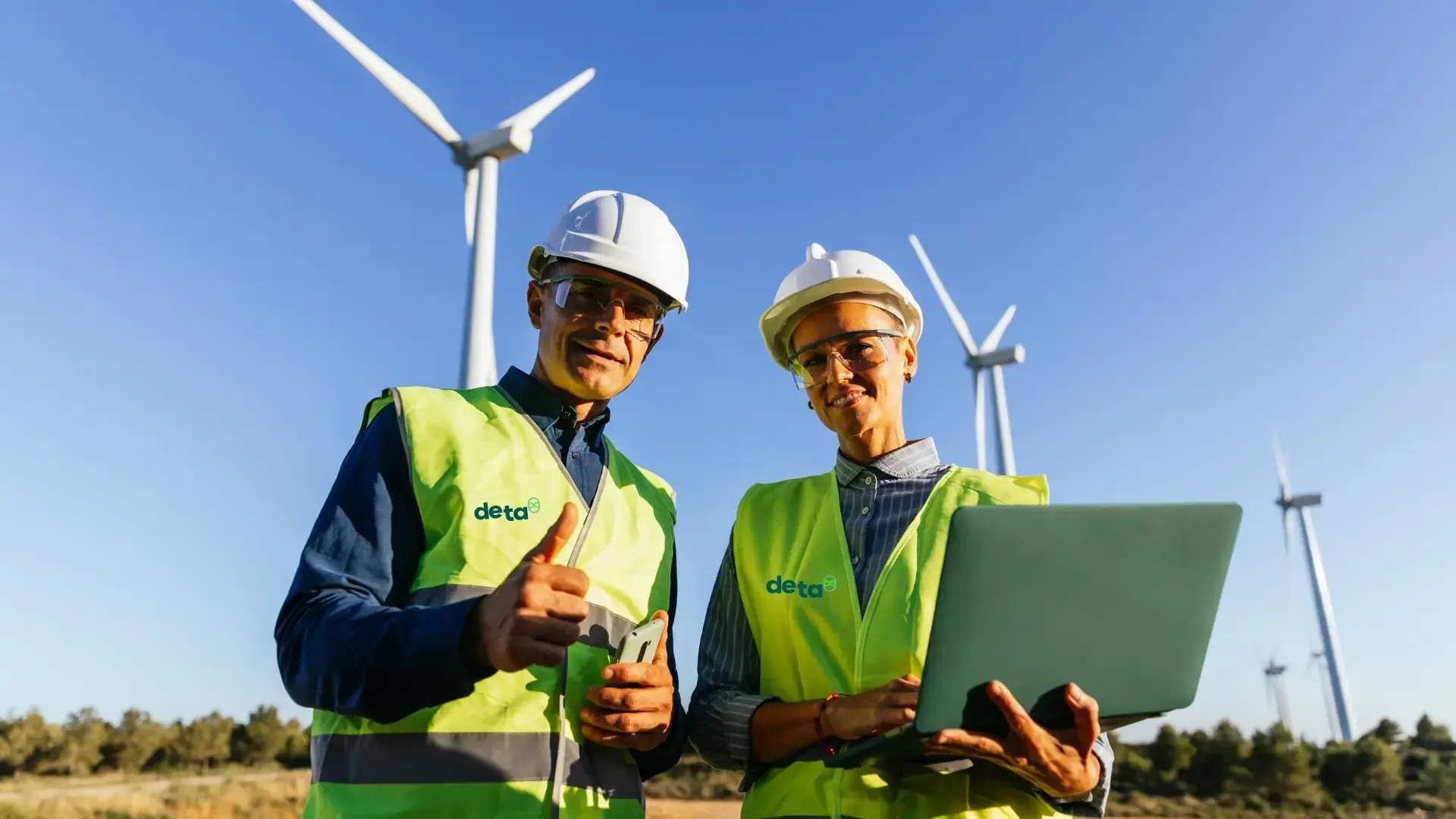Tatua Carbon Footprint
Tatua
Carbon Footprint
Kickstarted Their Carbon Reduction Journey
Problem
Tatua was in need of a baseline carbon footprint.
Solution
DETA worked with Tatua staff to determine the Scope 1, 2 and 3 greenhouse gas emissions of their present operation. We then used this assessment as the springboard for identifying potential ways to reduce emissions, particularly through carbon management mechanisms and fuel switching opportunities.
Outcome
At the conclusion of the study we facilitated a carbon strategy workshop, with a good cross section of Tatua staff present, to talk through the findings and hammer out the implications of what it could mean for Tatua’s decarbonisation aspirations. The resulting report is a key resource that Tatua is now using to help develop and refine their roadmap going forward.





